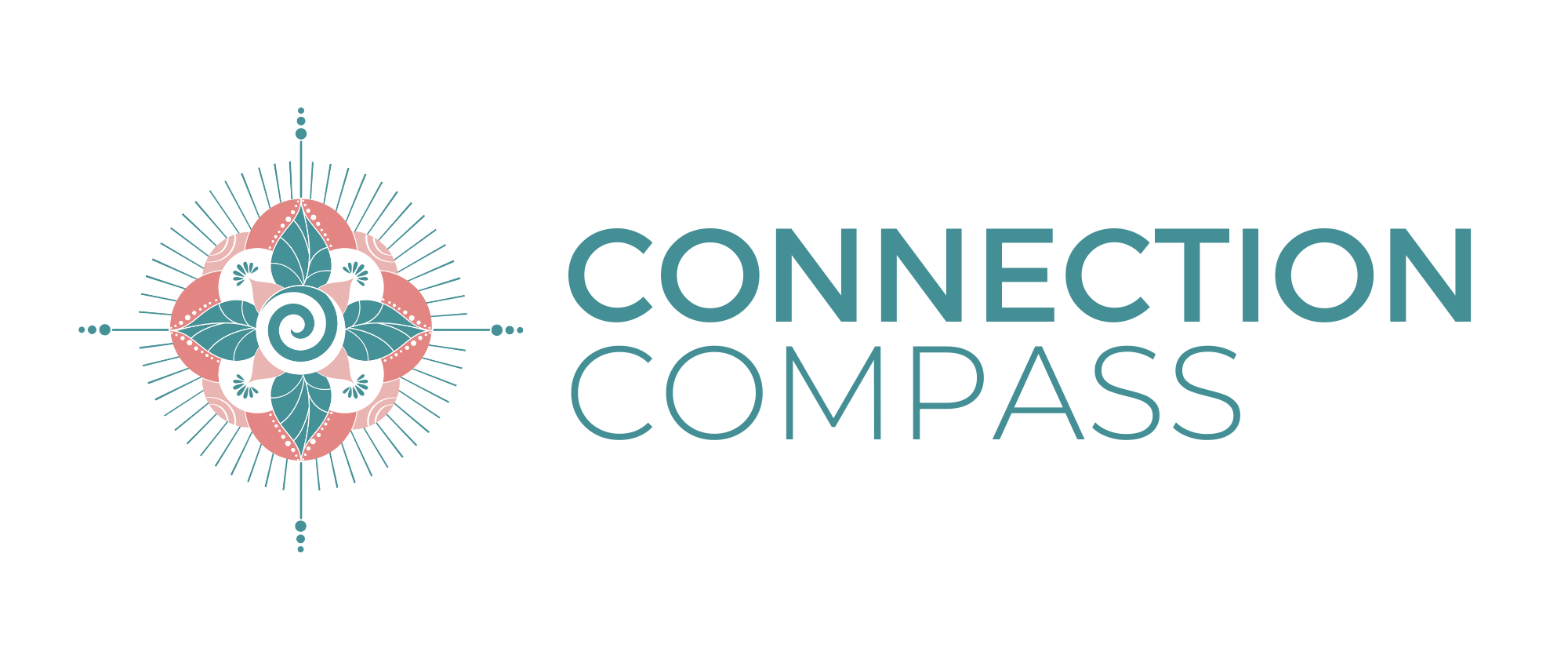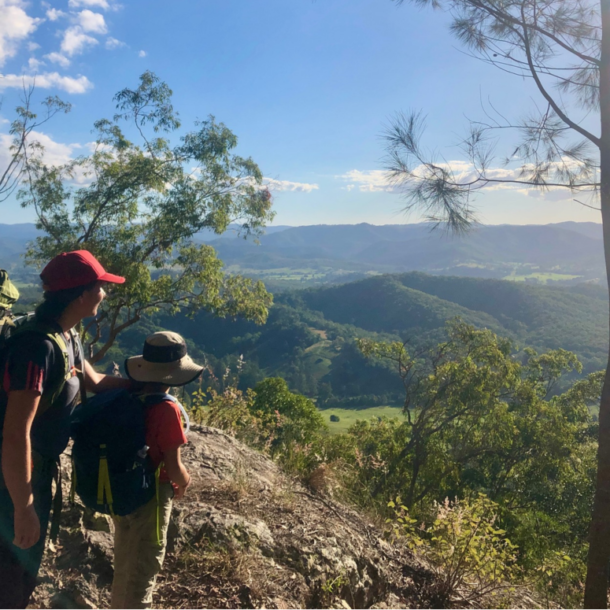
It’s summer in Australia, so being around water is front and centre of many people’s thoughts. In today’s musing, Cherie Pasion shares how water can bring you back to a state of connection.
It’s hot and humid in Brisbane, where I live, and by late afternoon the family is in desperate need of a swim and a cool-down. Luckily, we live very close to a national park with a beautiful dam surrounded by forest. It’s home to bellbirds and a myriad of other birds, and the air is filled with the sound of children playing, couples and friends murmuring and a collective bird song.
It’s beautiful, very popular, and for the hoards of people who descend the dam in summer, it leaves us feeling more relaxed and at peace than when we arrived. It’s not surprising. The combination of nature and water has incredible healing and restorative powers (even if we’re only conscious of the “Ahhhh, this feels sooo nice to cool down.”)
Water can be calm and tranquil, or have immense strength and vitality. Sometimes it brings about chaos and destruction. This powerful force is intrinsic to our life and wellbeing, even as we acknowledge its potential to wreak havoc and demise.
Water is the essence of life
Water is essential; it is the very essence of life. Water covers more than two-thirds of the planet and comprises more than half of the human body. We are brought into the world after spending 9 months in our mother’s water-filled womb. Humans and all living beings on Earth need water to cleanse, sustain, hydrate and survive. It’s the cornerstone of the planet’s ecosystems.
Therefore, it makes sense to honour, celebrate, and enjoy water as often as we can in our daily or weekly schedule. Plus, we can mindfully conserve and protect our water sources.
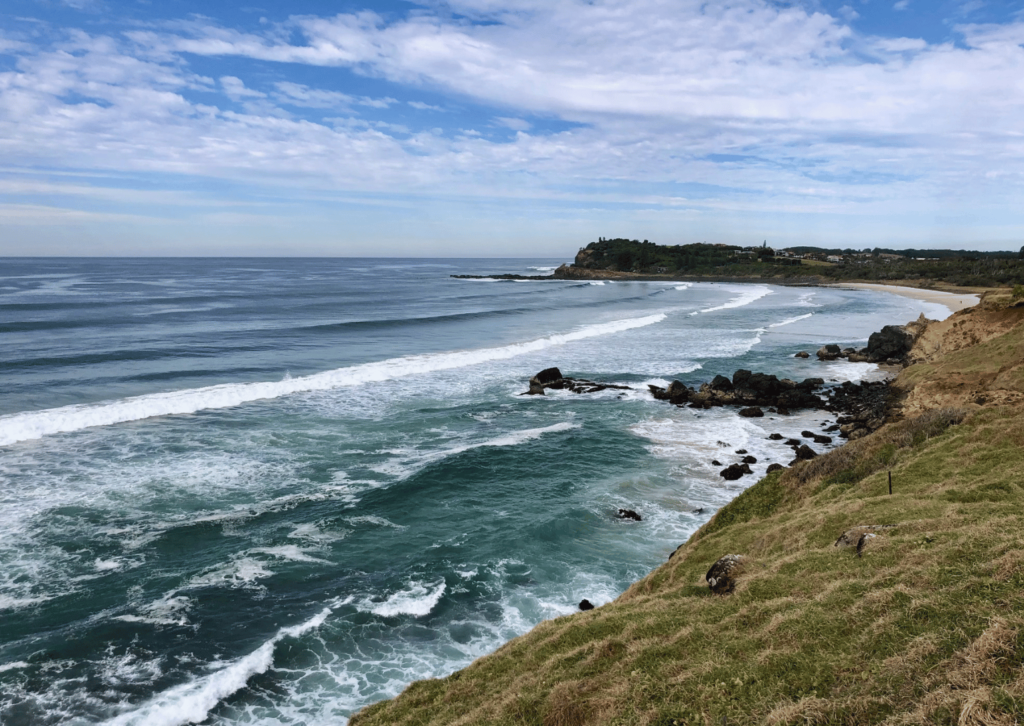
5 ways that water cultivates inner-connection
Water has wonderful potential to bring you back into a connection between your mind, body and spirit, as well as on a bigger scale. Below, we’ll explore five such ways.
Water provides stress-relief and relaxation
Spending time in and around aquatic environments has been shown to induce positive mood and reduce stress. Water-based exercise, such as swimming, surfing or kayaking, releases endorphins which helps reduce stress and brings about a sense of happiness, positivity and wellbeing. Plus, when focusing on these exercises – for example, counting your breaths or maintaining your strokes – your mind isn’t distracted by worries and stresses.
Diving under water activates the parasympathetic system, or the rest-and-digest nervous system response, putting both body and mind into a calmer and more relaxed state.
Water uplifts and invigorates
Have you noticed that cold-water immersion has become increasingly popular in recent years? This rise in popularity can largely be attributed to extreme athlete Wim Hof, although many cultures have practiced cold-water immersion for hundreds of years. While currently there isn’t a significant body of research to support cold-water immersion, people have experienced benefits such as feeling uplifted and invigorated in their physical, mental and emotional states. If the water is cold enough, it is believed to reduce muscular pain and inflammation, which can be helpful after vigorous exercise.
Negative ions in water provides a positive energy boost
When you play in flowing water, under a waterfall or in the ocean, you reap the benefits of ‘vitamins of the air’, otherwise known as negative ions.
Negative ions are odorless, tasteless and invisible molecules we inhale in certain environments – such as forests, waterfalls and beaches, or after a storm. When they reach our bloodstream, they counteract pollution and toxins (positive ions) that we breathe and absorb in daily life. Negative ions are believed to produce biochemical reactions that increase levels of mood, reduce depression, help regulate sleep patterns and boost immune function.
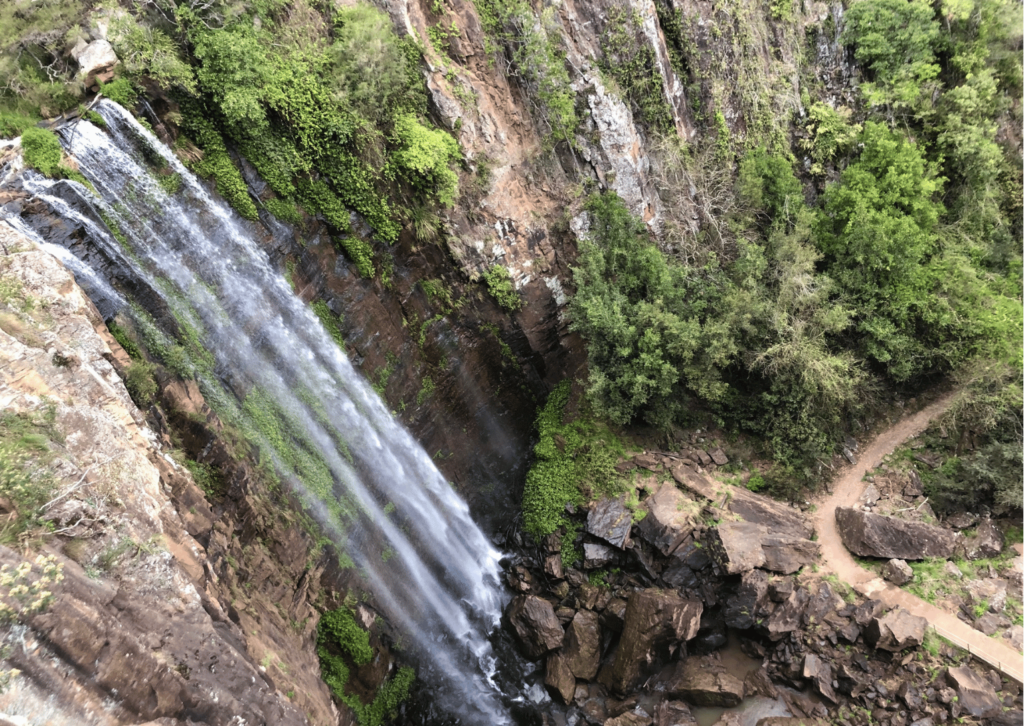
Water can invoke awe and wonder
Have you ever stood on the shore of the ocean and felt overcome with how immense the scale is? Or maybe you’ve visited a clifftop viewpoint to watch powerful ocean waves crashing into the rocks with immense power? Perhaps you’ve visited a waterfall and felt overcome by the perspective?
Awe experiences such as these are self-transcendent, meaning they shift our attention away from ourselves, and make us feel like we’re part of something bigger and greater than ourselves. Awe experiences can increase our feeling of connectedness, decrease our feelings of materialism, and make us more generous.
Calming sounds of nature
Research has shown that enjoying sounds of water in nature – such as waves crashing, a flowing river or cascading waterfall – can help invoke relaxation, calmness and serenity. For those who are feeling stressed, listening to water-based natural sounds, as opposed to artificial sounds, increases rest-and-digest nervous system activity and helps us to relax.
Water is a fully sensory experience
Given that water is all around us, and is necessary for our survival, consider consciously and deliberately connecting with it using all of your five senses:
- Sight: Enjoying views with water boosts relaxation and can invoke feelings of awe and wonder. In fact, you can receive these benefits simply by looking at photos, videos or documentaries about water.
- Touch: Immersing ourselves in water relaxes our body and mind. This could be as simple as spending a few seconds or minutes relaxing and enjoying the sensation of water running over you in the shower. Or you may enjoy diving into a swimming pool or nature-based body of water.
- Taste: Drinking water daily is vital for our survival. Consider being more conscious during this simple and essential daily act by expressing a few words of gratitude whenever you drink a glass of water.
- Hear: When you’re out in nature, consciously spend time listening to the sounds. For example, a bubbling creek or crashing waves. You can even connect with water-based sounds and increase feelings of calm and relaxation while at home or work. Simply listen to nature sounds on your favourite streaming service.
- Smell: Different water-based ecosystems have different smells that you can connect in with and identify. See if you can notice salt and sealife smells at the ocean or earthy smells at forests and inland waterways.
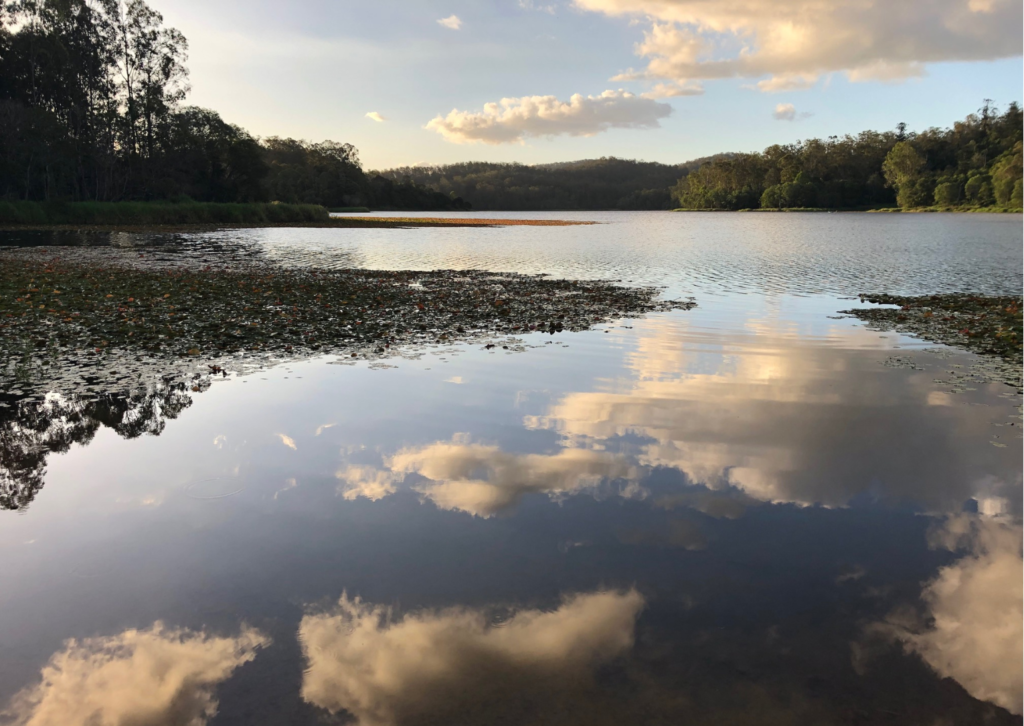
Finally, I’ll leave you by sharing the wisdom of Australian musician Xavier Rudd in this beautiful song Follow The Sun. In his song, he offers spiritual wisdom and the perspective that can be gained by spending time by your favourite body of water:
When you feel life coming down on you,
like a heavy weight.
When you feel this crazy society
adding to the strain.
Take a stroll to the nearest water’s edge,
remember your place.
Many moons have risen and fallen,
long, long before you came.
So which way does the wind blow,
what does your heart say?
Cherie Pasion
Cherie Pasion is the founder of Connection Compass, providing coaching for women wanting to live a connection-filled life. A certified life coach and behaviour change specialist, Cherie has run award-winning behaviour change programs helping thousands of people across Australia. Cherie holds a Master of Social Science, Bachelor of Business, and Diplomas of Neuro Linguistic Programming and Shinrin Yoku (Forest Bathing). Cherie is also an internationally-published author.Sign up for our newsletter
Let's connect
Connection Compass acknowledges the Turrbal and Jagara people, the Traditional Custodians of the land on which we work, live, and gather. We pay our respect to Elders past, present and emerging, and draw inspiration from their connection to Country, community and spirit.

